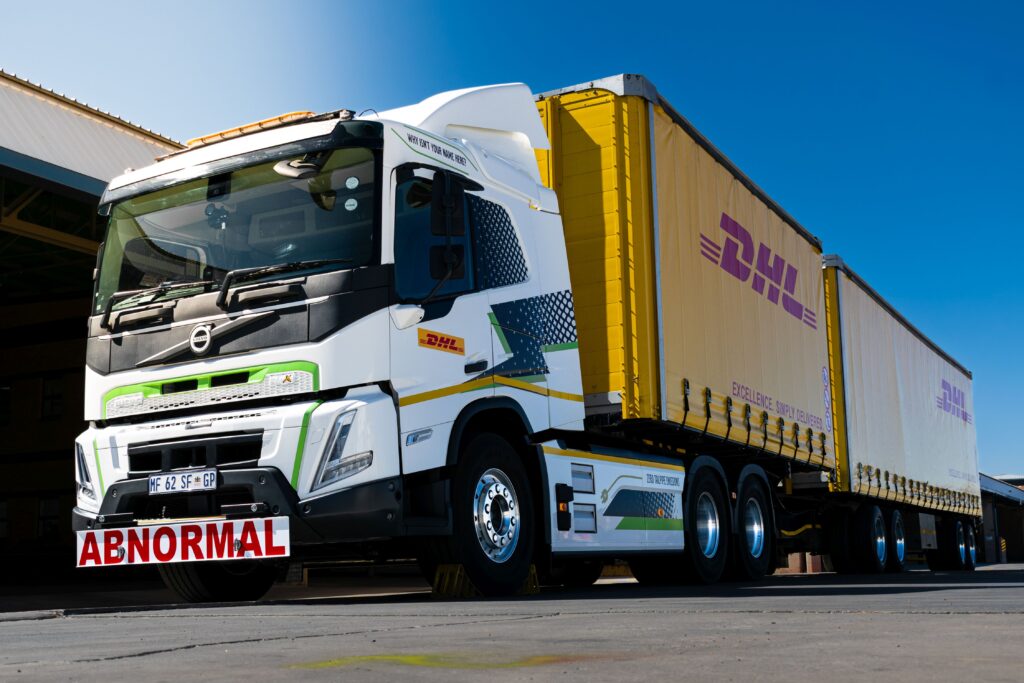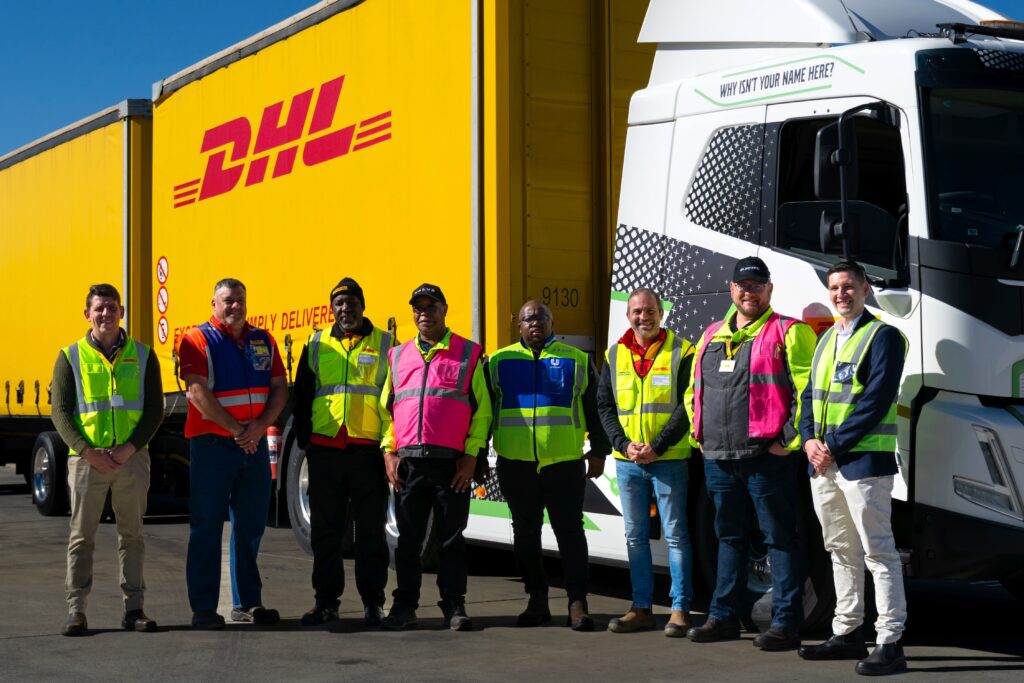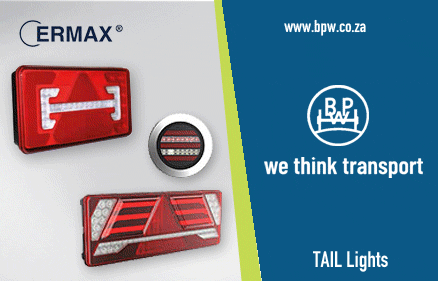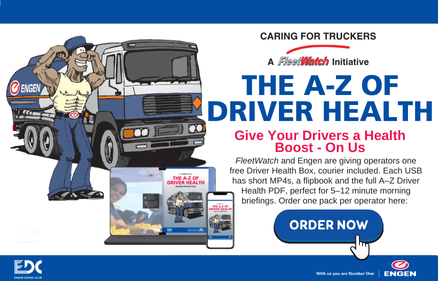Evidently, there’s no stopping truck fleet electrification programmes in South Africa’s road freight sector. While EV (electric vehicle) infrastructure, cost and policy lag far behind Europe or North America, the momentum is undeniable. Every pilot, every electric truck test on local roads pushes the industry closer to the net-zero target. DHL Supply Chain’s latest move with Unilever and Volvo Trucks is exactly that – a signal that the future is edging its way to greener operations.
On August 1, 2025, DHL Supply Chain launched an electric vehicle pilot in South Africa involving Africa’s first fully electric Volvo FMX 6×4 truck-tractor coupled to an 18-metre superlink curtain-sider trailer.
The vehicle is already running Unilever distribution routes, its performance and economics to be tracked against traditional diesel fleets. It’s a bold step into uncharted territory for local logistics, testing what is possible in an environment where charging points are few and far between.
Commitment despite the hurdles
According to Bremer Pauw, Managing Director of DHL Supply Chain Africa: “This pilot underscores DHL’s commitment to sustainable logistics and transport solutions despite infrastructure challenges in Africa. While limitations remain in scaling EV solutions, strategic partnerships like this enable us to test and capitalise on the technologies available today, proving that low-carbon logistics can be possible, even in emerging markets.”
Volvo Trucks has long been a proponent of cleaner technology. Its Euro 5 trucks have been on South African roads since 2012, giving operators an edge over the broadly Euro 2 local standard. The electric FMX is a step further, bringing the company’s global advances in emissions reduction into the regional market.
“As part of our sustainability commitment, we’ve proactively introduced cleaner transport solutions, including assembling Euro 5 trucks locally ahead of regulation,” says Eric Parry, Senior Manager Sustainable Solutions, Volvo Trucks South Africa. “This pilot reflects our belief that collaboration is key to accelerating Africa’s transition to sustainable freight transport.”
Testing, charging and benchmarking
For now, the FMX superlink will run standard logistics routes with charging handled by Aeversa infrastructure at Unilever depots. DHL’s longer-term objective is to link this to renewable energy, closing the loop on carbon reduction.
Data from the pilot will be benchmarked against DHL’s Euro 5 diesel fleet, which already cuts greenhouse gas emissions significantly compared to the prevailing national standard.
Unilever also has its eyes fixed on net zero. “Unilever is committed to achieving net-zero emissions across our operations by 2039. Collaborations such as this pilot with DHL and Volvo Trucks are crucial steps toward reaching our sustainability objectives, enabling us to test and implement innovative transportation solutions that foster a greener supply chain,” states Simphiwe Dlamini, National Transport Manager, Unilever South Africa.
Shaping what comes next
For now, one electric FMX towing a superlink across South African highways is enough to show the future isn’t waiting – it’s already moving.
“Outcomes from this initiative will shape future sustainability strategies and potentially accelerate the broader adoption of electric trucks within DHL’s operations across Africa,” concludes Pauw.
Editor’s note: For the entire African trucking industry, this pilot is more than a technical trial – it’s a wake-up call. If the data proves positive, the onus shifts squarely to government policymakers and finance houses to clear the roadblocks that stand in the way of wider EV adoption. Charging infrastructure, grid stability and investment incentives all need urgent attention if Africa is to keep pace with global transport trends. What DHL, Volvo and Unilever have shown is that the technology works. To the industry at large – a heads-up – the future of road freight will not be diesel forever.
Click on photographs to enlarge





